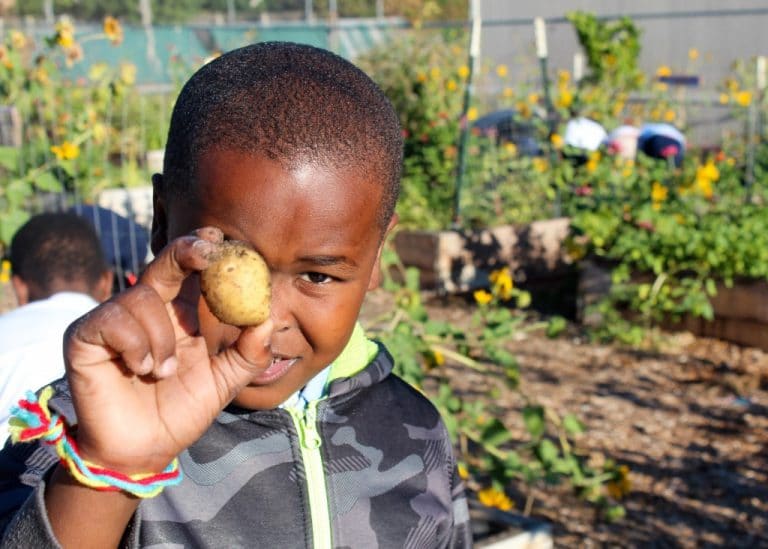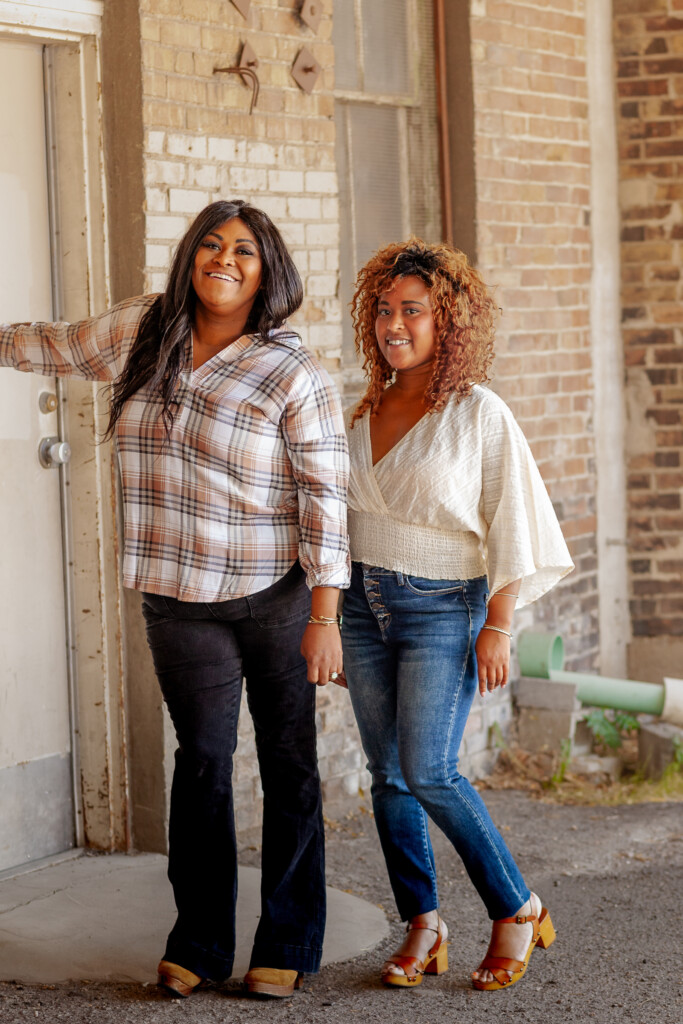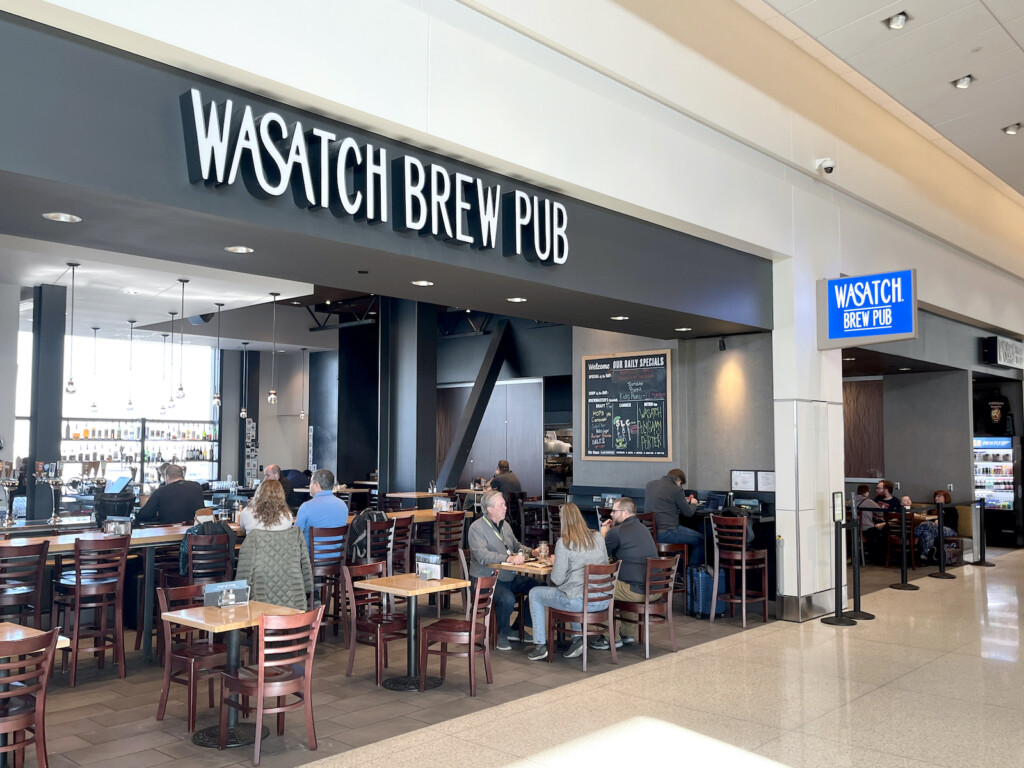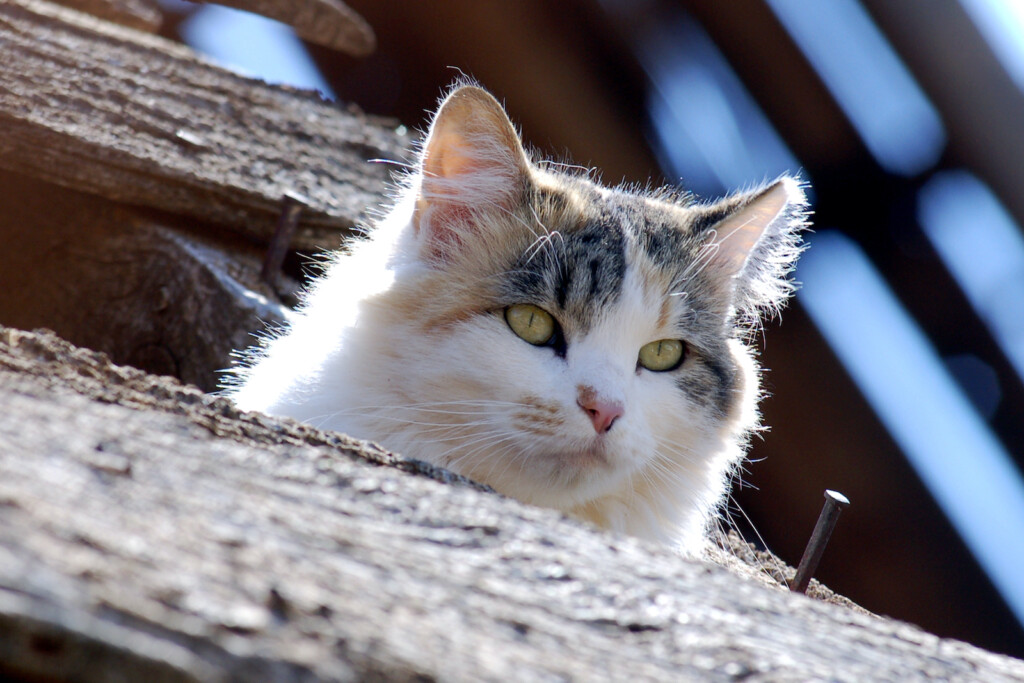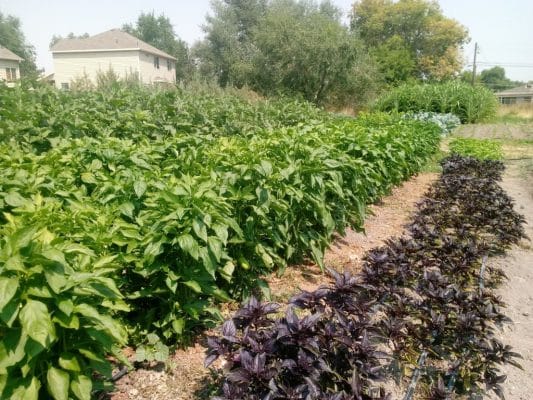
Wasatch Community Gardens has cultivated good health for your body and for your community for the last three decades, because they know agriculture is, or should be, connected more to culture than to business.
Wasatch Community Garden brings plants and people together
In the Salt Lake area, this robust group is making sure that agriculture remains linked to culture, crops, and community.
Since its inception 30 years ago, Wasatch Community Gardens has helped create 16 community gardens across the greater Salt Lake City area and 11 school gardens in the Salt Lake City School District.
The nonprofit teaches dozens of workshops to empower people to grow their own food. In 2016, the nonprofit partnered with Advantage Services to employ women struggling with homelessness on a downtown urban farm.
“The idea is always to get people out in gardens who normally wouldn’t have the chance to get out in gardens,” says WCG Director Ashley Patterson. “We want to introduce people to the fact that you can make really delicious food that’s nutritious for you out of a garden.”
Urban-garden produce has higher nutritional content than fruits and vegetables from the supermarket
Research backs up the fact that people are more likely to eat fruits and vegetables if they grow them themselves.
Scientists at Ohio State University and Cornell University found that children are five times more likely to eat salad if they grew it themselves.
“Kids just love being outside and putting their hands in the dirt. They love planting a seed and watching it grow,” says Patterson. “At the school gardens, they are always game to try food that they grew even when it’s something such as kale salad or radishes.”
Food that is locally grown is also likely to be more nutrient dense, since produce begins to lose its nutritional content as soon as it’s harvested.
“Conventional produce can be picked when it’s still green and ripened using ethylene gas. The nutritional content is just not the same,” explains Marysa Cardwell, a registered dietitian nutritionist at All of Nutrition in Salt Lake City. “Locally grown produce is definitely the gold standard when it’s possible, but vegetables can be flash frozen or freeze-dried on site. That way they keep a high nutrients profile.”
A majority of the clients Cardwell works with are not getting the recommended amount of fruits and vegetables, so she advises them to get in the habit of eating half a plate-full of non-starchy vegetables every meal. The other half of the plate should be filled with protein and carbohydrates such as fruit, grains, or starchy vegetables.
“Eating this way, you’re meeting your micronutrient needs,” she explains.
Community gardens go beyond creating healthy guts
Urban farming and community gardens have health benefits beyond providing nutrition for the body.
Happy people are often highly social and have strong relationships; children with richer social networks grow up to be happier adults.
Community gardens and urban farms are helping connect neighbors, which builds those social networks—something Backyard Urban Garden (BUG) Farm co-owner Kristen Kropp can attest to.
BUG Farm grows on three-fourths of an acre, in the Glendale neighborhood of Salt Lake City, on eight different backyard plots offered by homeowners in exchange for a weekly harvest share.
“It’s been amazing how generous landowners have been in letting us use their land,” says Kropp. “A lot of people here care about growing food and keeping food in the community. There’s a huge support system, and it’s a really cool way to get to know your neighbors.”
Wasatch Community Gardens’ Patterson agrees.
“It’s about getting people engaged in their community, getting to know their neighbors, and growing food together.”
Wasatch Community Gardens is located at 824 400 W #B127, in Salt Lake City.
Click here for more community-related reading

